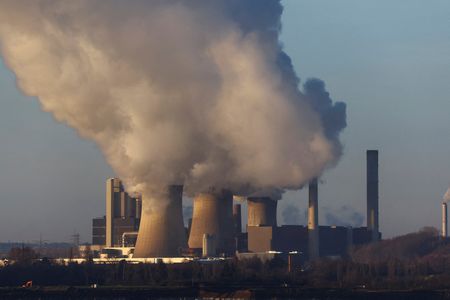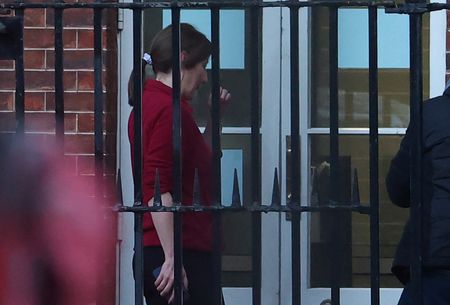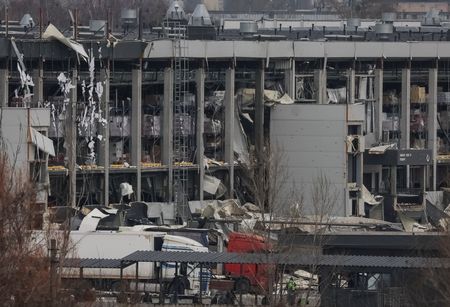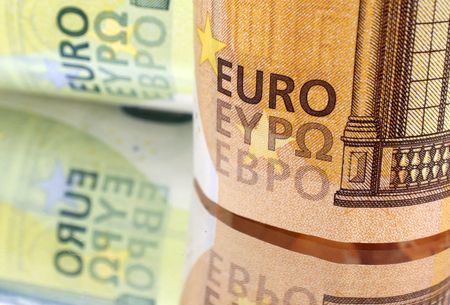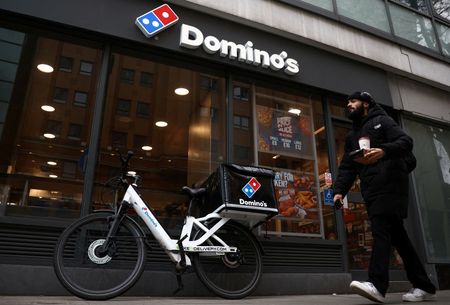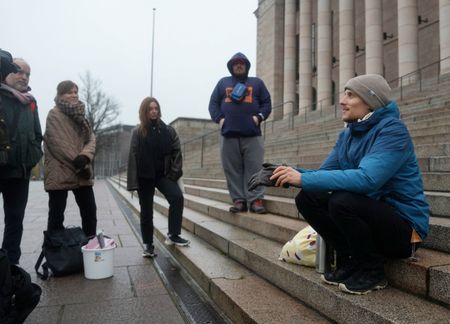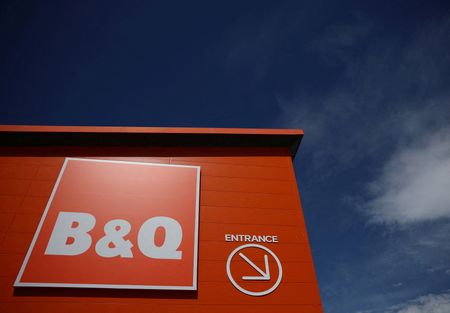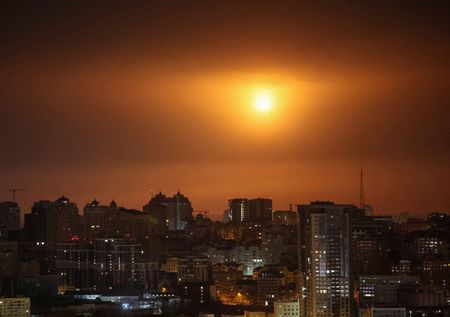FRANKFURT (Reuters) – Germany’s power plants run on hard coal remain an important back up to guarantee supply when volatile wind and solar power are not available, coal importers lobby VDKi said in a statement on Thursday, calling for better remuneration.
VDKi’s call comes in a regulatory limbo ahead of national elections on Feb. 23, three months after Germany’s coalition government collapsed, and after recent high price periods in wholesale power that harmed industrial consumption and burdened households.
“Modern hard coal plants are an important backbone of German power grids,” said VDKi chairman Alexander Bethe in a statement issued ahead of a reception on Friday.
“In order to tap into sufficient secure power supply, it will be necessary to introduce a capacity market that is open to any technology, competitive, and centralised,” he added.
Bouts of dark and calm weather in early November and mid-December, known in German as “dunkelflaute”, meant wind and solar plants were not producing.
Germany abandoned nuclear power in 2022 and was meant to have launched a building programme for gas-fired plants, which are less carbon-heavy than those run on coal, since then.
But the programme has lost the chance to receive parliamentary approval after the government collapsed, reopening discussion on how supply security can be guaranteed.
Bethe said a capacity market, where generators compete in tenders for fixed remuneration to provide power and modelled on successful schemes in other European countries, would provide incentives for both coal and gas plant operators.
“Coal must not be demonised,” he said, adding options for carbon sequestration and storage should not be reserved for operators burning gas for power, but also extended to coal.
Germany has 16 gigawatts (GW) of hard coal capacity left that contributed 5.4% of all power generated in 2024, according to industry group BDEW.
(Reporting by Vera Eckert, editing by Alexandra Hudson)

